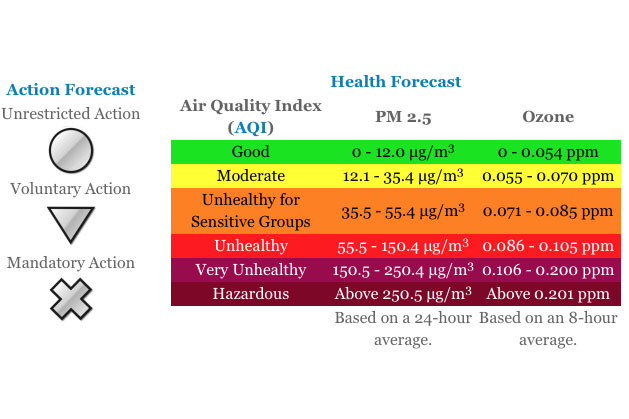Wendy Jones, 71, has been her husband Roy's caregiver for the last three decades — even after her brain tumor diagnosis. But the Palm Beach County couple are running low on cash and are worried about how they'll put food on the table.
Jones, who worked as a paralegal for decades, stopped working in the mid-2000s after being diagnosed with a brain tumor. Her husband was permanently disabled in a workplace accident in 1992. Even though both get Social Security payments, their savings have fallen over the years as they've paid thousands of dollars out of pocket in medical expenses, even with insurance, according to financial documents viewed by Business Insider.
Jones is one of millions of older Americans with health issues who are relying on Social Security to get by. Dozens of older Americans have told BI in recent months that they must continue working to supplement their Social Security and pensions, though it's difficult for Jones and many others to hold a job given their medical conditions.
Social Security and Medicare Challenges
Jones's story highlights the challenges that many older Americans face when it comes to retirement planning, particularly when unexpected medical expenses arise. She and her husband have been forced to rely on Social Security and Medicare, but they are struggling to make ends meet.
Jones explained that her savings have been depleted over the years, in part due to the rising cost of healthcare. Although she has good health insurance, she noted that it doesn't cover everything, and the co-pays have been a significant burden. Additionally, she had to wait two years after being approved for SSDI before she became eligible for Medicare, meaning she had to pay $500 a month out of pocket for one medication.
Jones's experiences are not uncommon. Many older Americans are struggling to afford their medical expenses, particularly those with chronic health conditions. The average American household spends more than $10,000 per year on healthcare, according to a 2021 report from the Kaiser Family Foundation. And for those with chronic illnesses, the costs can be significantly higher.
The Impact of Inflation on Retirement Savings
For Jones and her husband, the rising cost of living has only exacerbated their financial struggles. They've had to make significant cuts to their budget, including resorting to buying frozen food and getting a reverse mortgage loan.
Inflation has been a major concern for retirees in recent years. The Consumer Price Index (CPI), a measure of inflation, has risen by more than 8% in the past year, the highest rate in decades. This has led to higher prices for everything from groceries and gas to housing and healthcare.
For many retirees, Social Security is their primary source of income, and the purchasing power of their benefits has been eroded by inflation. Jones, who receives $2,200 a month in Social Security, and her husband, who receives around $1,000, are struggling to keep up with the rising cost of living. They've had to make difficult choices, such as cutting back to one car and buying frozen meals.
Finding Solutions to the Challenges of Retirement
The challenges that Jones and her husband are facing are not unique. Many older Americans are struggling to make ends meet in retirement. There are a number of factors that contribute to this, including rising healthcare costs, inflation, and the increasing life expectancy.
Solutions for Older Americans
There are a number of steps that older Americans can take to prepare for retirement, including:
-
Saving early and often. The earlier you start saving for retirement, the more time your money has to grow.
-
Investing wisely. A diversified investment portfolio can help to reduce risk and potentially increase returns.
-
Planning for unexpected expenses. Life is unpredictable, so it's important to have a plan for unexpected expenses, such as medical bills or home repairs.
-
Staying informed about changes in Social Security and Medicare. The rules and benefits of Social Security and Medicare can change over time, so it's important to stay informed about these changes.
Jones's story is a reminder that retirement can be challenging, especially for those who are facing unexpected medical expenses or the rising cost of living. But with careful planning and preparation, older Americans can take steps to ensure a more comfortable retirement.
A Look Forward
Jones's story is a stark reminder of the challenges that many older Americans face, particularly those with chronic health conditions. While she is grateful for the support she has received from her children, she acknowledges the difficulties she and her husband are facing.
Jones has shown resilience and determination in navigating these challenges, and she is committed to making sure her husband is taken care of. She continues to work part-time, despite her health conditions, and she remains optimistic about the future.
This story should serve as a wake-up call for all of us to be mindful of our own financial planning and preparedness, particularly as we age. It's also a reminder of the importance of supporting our aging loved ones, particularly those who are facing health challenges and financial hardship.
Jones's story is a testament to the strength and resilience of older Americans, and it is a reminder that we need to continue working together to ensure that they have the support they need to thrive in retirement.

















